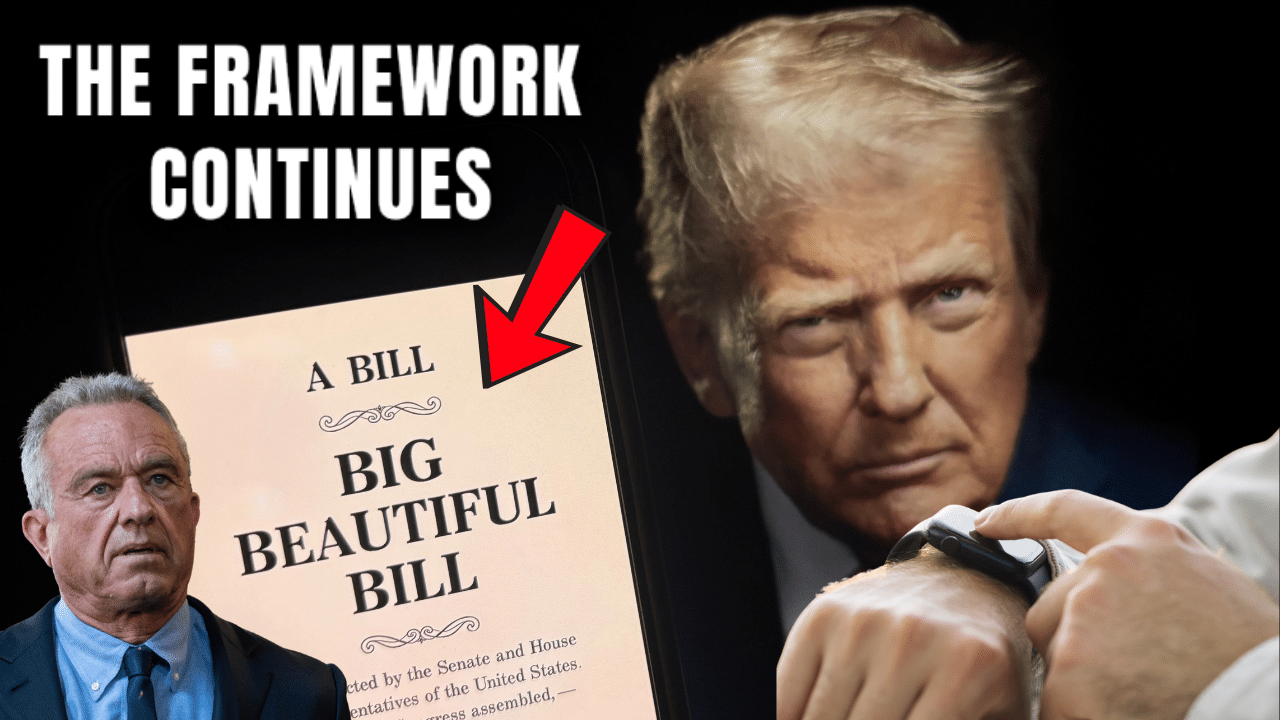Men of the cloth have persevered for millennia, surviving the separation of church and state, the industrial revolution and multiple world wars.
Yet vicars and priests are now under threat from a very modern scourge: chatbots. Jobs in the clergy are among the most exposed to the rise of artificial intelligence (AI), according to a government report.
A Department for Education study examining the impact of systems such as ChatGPT on the jobs market has concluded that the religiously ordained are in the top 20 professions most likely to be affected by AI.
Clergy members were ranked as the 13th most exposed to “large language model” systems out of the 365 categories of occupation studied.
They were deemed slightly less likely to be affected than local government administrators, but slightly more vulnerable than university lecturers.
The figures were based on what key skills are used in each profession, such as written comprehension and inductive reasoning, and how easily they could be replicated by AI.
The study may have missed unique aspects of individual professions and the research does not speculate how precisely the technology could influence each job.
However, there are already some real-world examples of AI clergy in action. In June, 300 people attended an AI-powered church ceremony in Germany, with the sermon written by AI and delivered by computer-generated avatars on a screen.
Jonas Simmerlein, a theologian and philosopher at the University of Vienna who devised the service, said it was 98pc generated by machines.
Vicars and rabbis have already admitted to using ChatGPT to help them write sermons.
The former head of the Church of Scotland, the Very Rev Albert Bogle, has said that clergies should embrace AI but argued the technology cannot do what “humans do in an act of worship”. Other studies have found congregations are unlikely to accept robot preachers.
Anthony Levandowski, a Silicon Valley tech entrepreneur, has launched an AI church called Way of the Future, saying he wants to build a spiritual connection between humans and AI.
The Department for Education (DfE) said its study was one of the first major attempts to assess how AI is likely to affect the job market in Britain.
Telephone salespeople were the most likely to have their jobs affected by the systems, with forklift drivers the least exposed.










